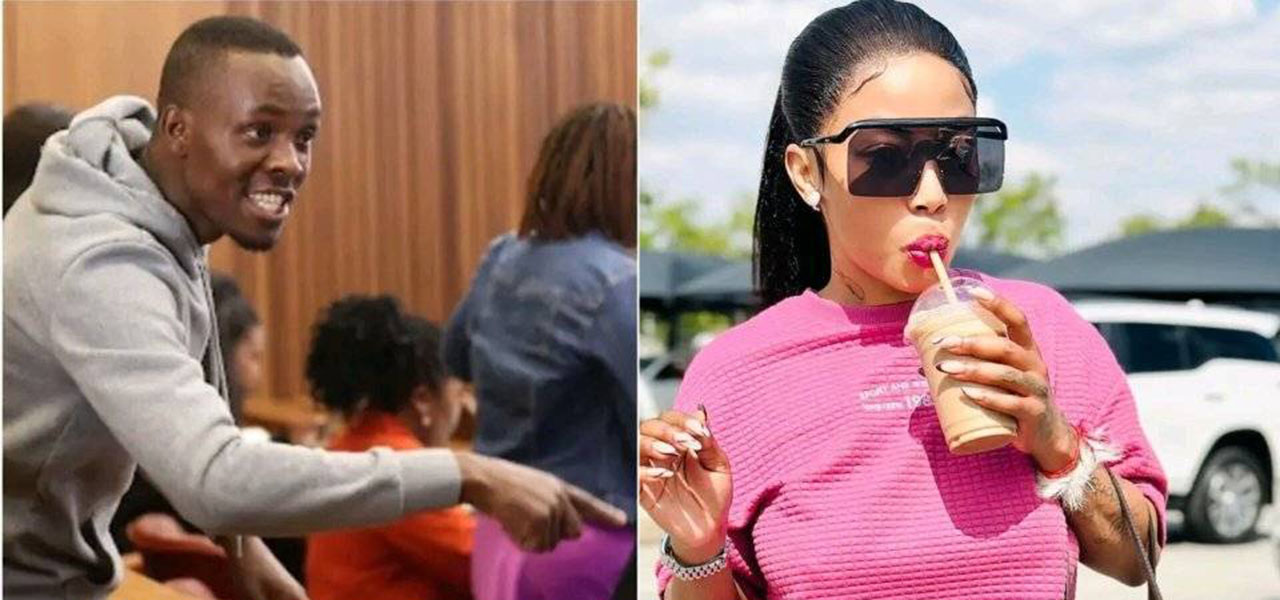The Confrontation and Unanswered Questions in the Case of Longwe
A recent testimony in the ongoing case involving Longwe has raised questions regarding the sequence of events that transpired during a confrontation at a residence. According to witnesses present at the scene, Longwe, the primary individual involved, reportedly stood up and confronted one of the accused individuals, described as the “short one,” holding a gun. In response to the confrontation, the accused individual quickly fled the scene, running out of the house.

The questioning, led by Ramosepele, focused on understanding the details surrounding Longwe’s actions after the confrontation. Ramosepele specifically inquired whether any statement was available that could confirm if Longwe, after leaving the house, encountered other perpetrators who were allegedly on lookout duty during the incident. This question is crucial as it could shed light on whether Longwe was aware of the other individuals involved and the broader context of the situation.
In response, Gininda, another individual involved in the investigation, confirmed that there was no statement indicating that Longwe saw or interacted with any additional perpetrators outside the house. This omission raises important concerns about the gaps in the evidence and whether the full extent of the events has been captured.
The lack of clarity regarding Longwe’s actions after the confrontation has led to further scrutiny of the case. Understanding the full sequence of events, particularly regarding any possible involvement of other individuals, is vital for determining the exact role each person played in the situation.

While the investigation continues, the absence of definitive answers regarding Longwe’s encounter with other potential perpetrators leaves many questions unresolved. Investigators and legal teams must now consider how this uncertainty could impact the case moving forward, especially as the trial progresses and further evidence is examined.

 ‘No love lost’: Rachel Kolisi flaunts R1.4m Mercedes-Benz
‘No love lost’: Rachel Kolisi flaunts R1.4m Mercedes-Benz Lira’s mom passes away less than two years after surviving cancer
Lira’s mom passes away less than two years after surviving cancer Thabo Mkhabela is Back! Leshole Returns to Skeem Saam
Thabo Mkhabela is Back! Leshole Returns to Skeem Saam Keitu: A Versatile South African Artist Taking the Entertainment Industry by Storm
Keitu: A Versatile South African Artist Taking the Entertainment Industry by Storm Shocking Drama Behind the Scenes: Scandal! Writer Fired for Twisting Storyline to Favor Tiro
Shocking Drama Behind the Scenes: Scandal! Writer Fired for Twisting Storyline to Favor Tiro Natural beauty? Khanyi Mbau BEFORE plastic surgery, bleaching
Natural beauty? Khanyi Mbau BEFORE plastic surgery, bleaching